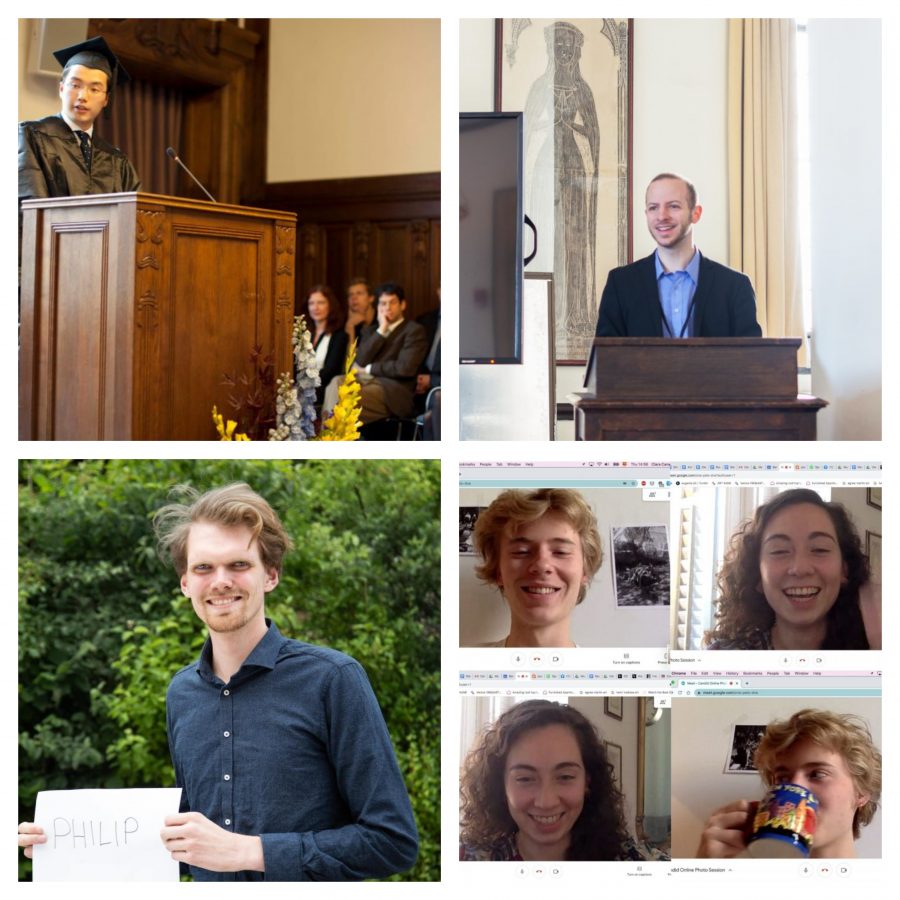Die Barliner takes a look back on some of our favorite Bard College Berlin alumni interviews from the past few years. We invite you to revisit not only the stories and paths these amazing former students have taken after graduation, but also their reflections on their education and time spent at BCB.
August 2017- “Alumni Speak: Tuvshinzaya Gantulga on Liberal Arts” by Ronni Shalev
I think everything I did was completely new. I was constantly incorporating new facets to my Mongolian identity – in a way, I was enriching it. Seminar-style teaching through conversation is not really a Mongolian thing. We don’t like to question what a teacher is saying – not on a systematic level. In that sense, the Western liberal arts tradition was very new for me. Even writing essays: we write them, but they are much more meandering. In Western colleges, essays are about arguments, how to craft them, how to present them in a way that makes sense logically. Being able to accommodate many different viewpoints in writing is something that is new to me, and I had to learn this on a day-to-day basis.
May 2019- “The Road Goes Ever On”: An Interview with BCB Alum David Kretz by Margarethe Hattingh
Chicago and Berlin, at least in the Geisteswissenschaften, share a focus on discussion-oriented seminars, on transdisciplinary humanistic inquiry, on engaging primary sources rather than textbooks. There is a geographic similarity, too. Hyde Park in Chicago, like Pankow in Berlin, is lush in spring, quiet on the whole, still part of the city but also a space of its own. It is a good setup for a contemplative life and it does help foster a sense of community among students, even if the place, being a lot bigger than BCB, does not carry the same sense of intimate connection. Grad school is different from undergrad studies, however. You are much more on your own, which means you have a lot of independence and intellectual freedom but also less guidance and structure. That is something that I knew from Paris already.
December 2019- “Thinking Things Together”: An Alumni Interview with Philip Euteneuer by Claire August
I would emphasize the importance of not always ‘taking things apart’ (analyzing, dissecting, and over-talking), but also putting ideas back together. Because a lot of the time you only get to the first step, where you think, “Ah, this is a problem because…” and then you take apart the issue. You end up with the conclusion, “We should improve this” and “We should improve that.” But then it’s also important to think about the problem together again, as in: how can we work with what we have? And transform the issue, synthesize it, instead of just disrupting it.
May 2020- An Alumni Interview with Clara Canales Gutierrez (BA EPST 2019) by Julian Thielman
I think it’s a big endeavor to go from BCB thinking about problems in a very theoretical way to then actually try to systematize it. And that is something I’m really excited to do.
I think I really like academia and I really appreciated BCB for that. I like ‘thought for the sake of thought,’ and I also am really excited to study further in a Master’s and maybe even a PhD. However, I think career-wise, I don’t want to be in academia. I want to see how my well-intentioned solutions are taken up by the world and maybe switched up, and then I have to switch the original strategy.

